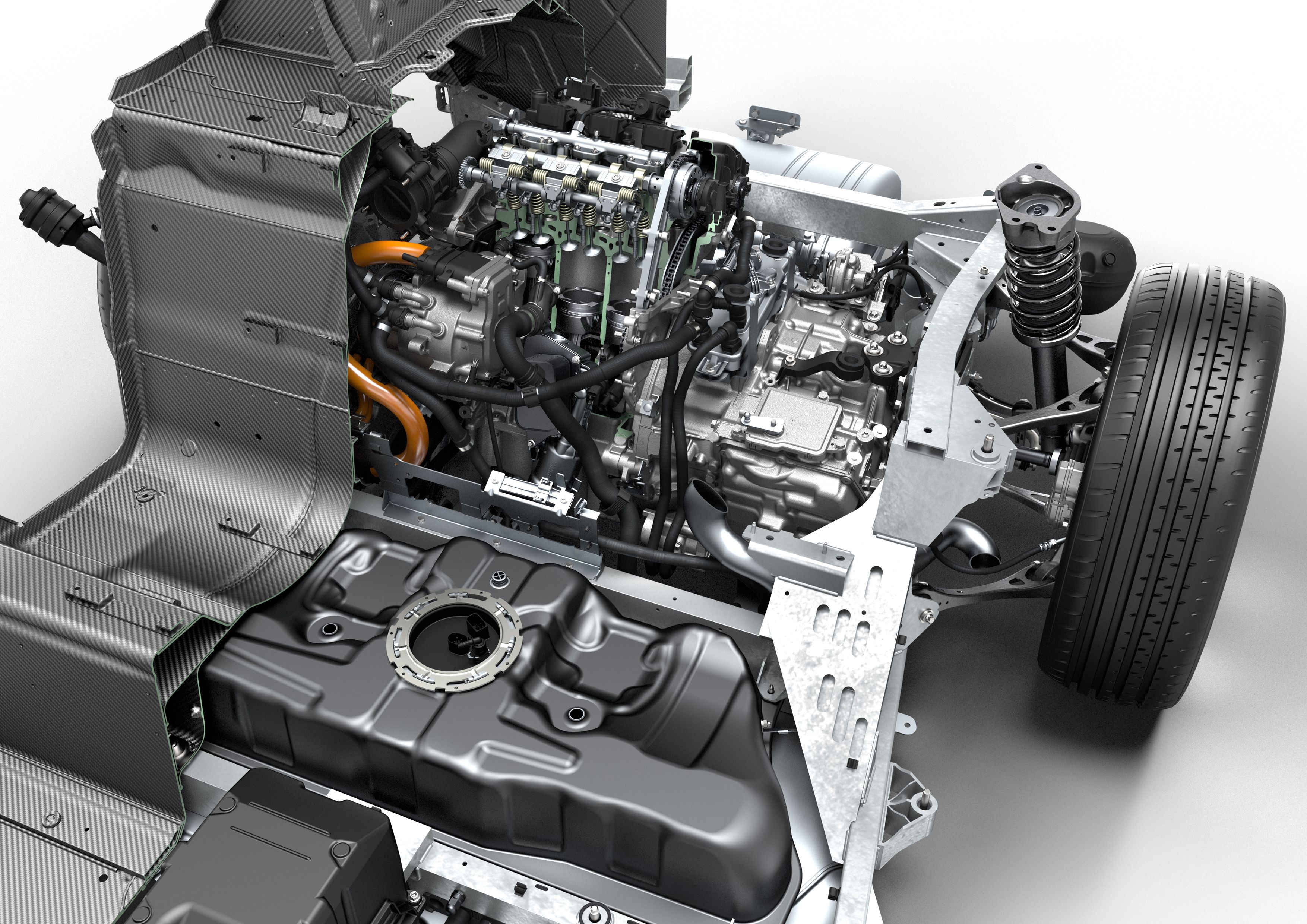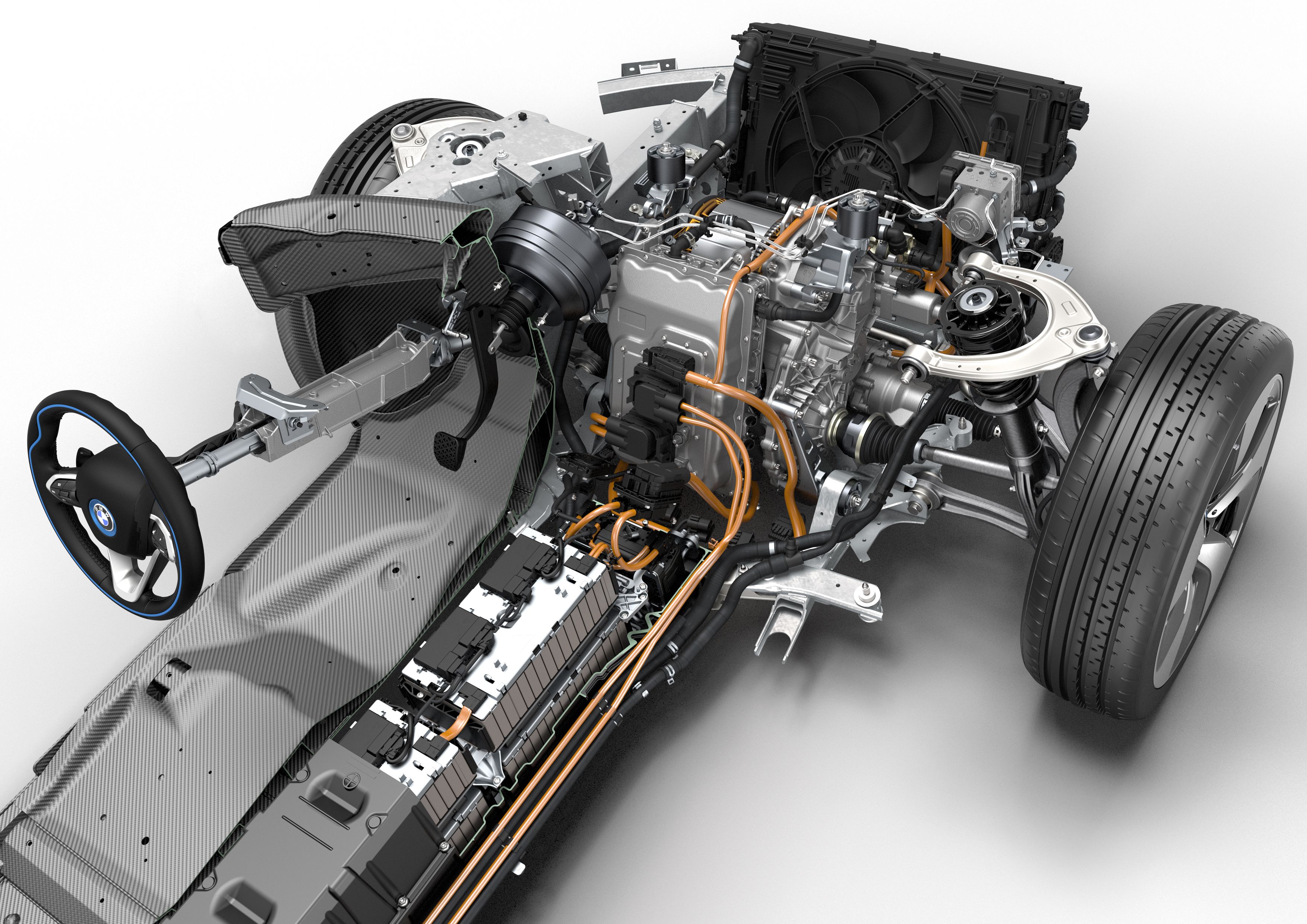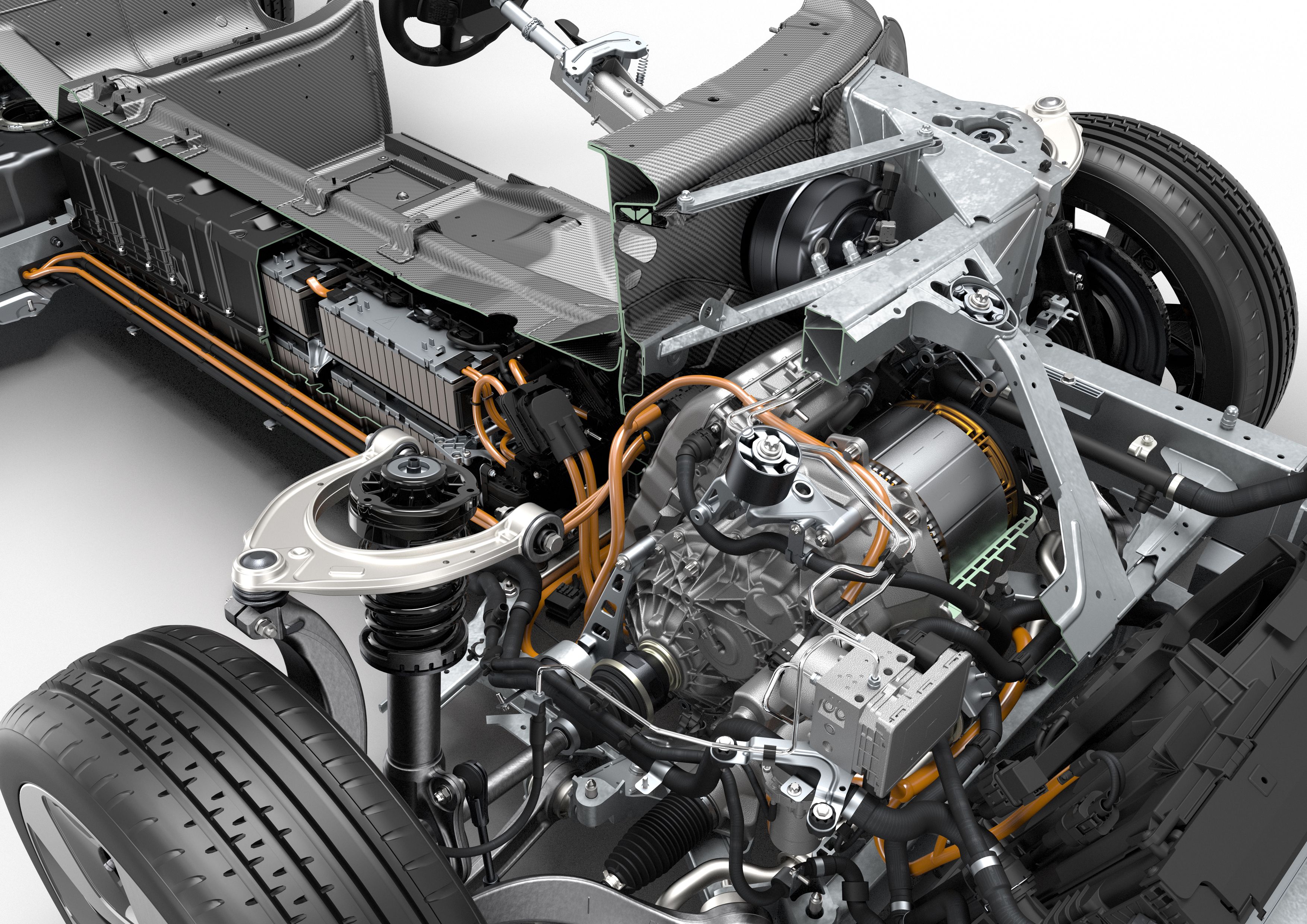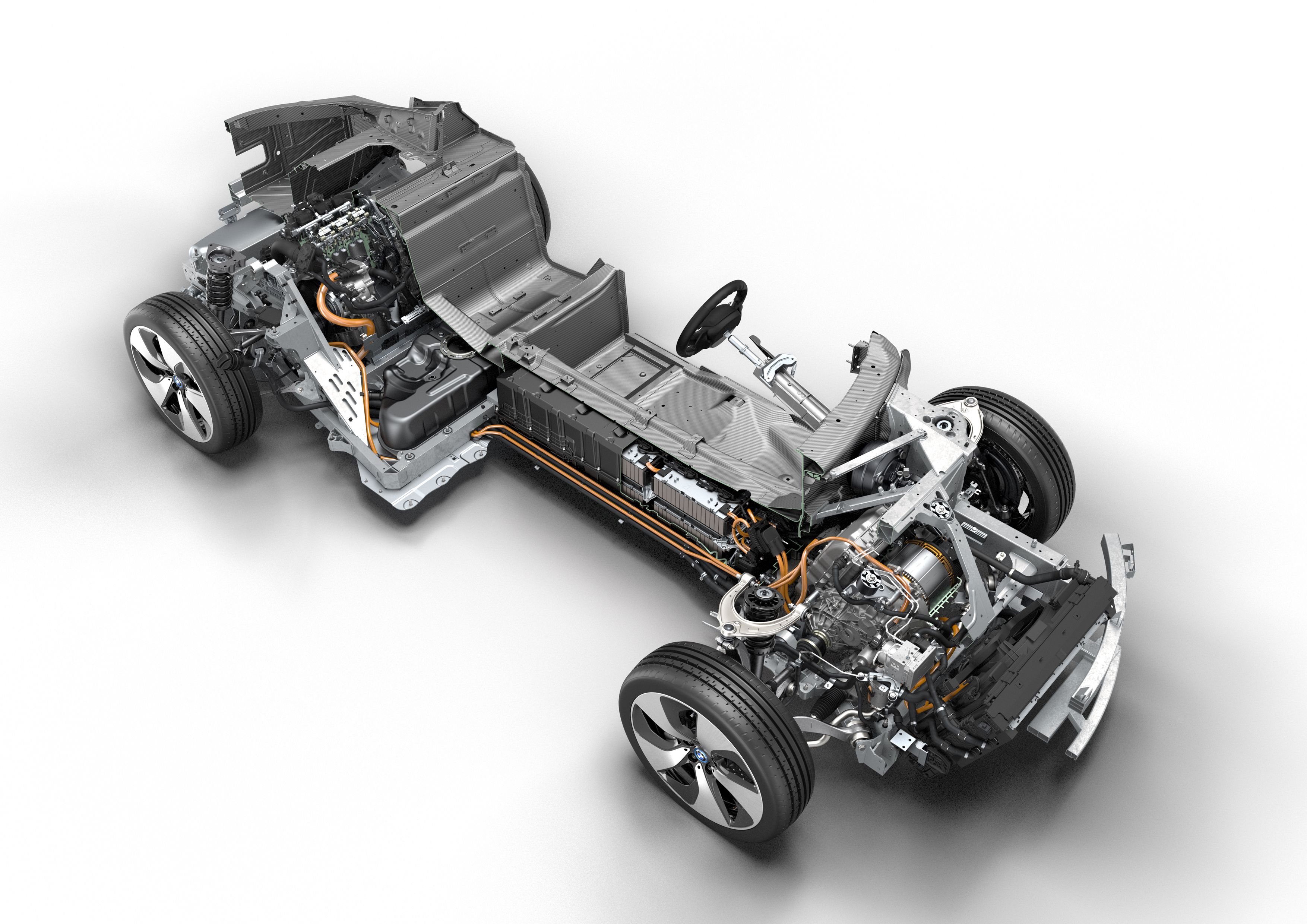The BMW Group has big plans for its future all-electric lineup. A big part of those plans is the development of a number of battery packs with different amounts of power and range. The automaker’s goal is to create different battery packs that it can put in its future electric cars, at least depending on the segment those EVs will be slotted in. That means that, in addition to carrying different amounts of power, these batteries will also differ in size, depending on the size of the model that’s going to use them.
A lot of automakers have different strategies in place to address the growing demand for battery packs that will be used on future all-electric models. BMW, though, is taking the bull by the horn. It’s not going to outsource these batteries as some other companies do. Nope. It’s going to develop its own, and according to BMW Group research and development head Klaus Fröhlich, it’s developing three different batteries with three different amounts of power.
The base version is called the “30e” pack, and it will have a 60 kWh battery that will provide 280 miles of range. This could be the battery that Bimmer uses on its future entry-level EVs. Sitting right in the middle of these new battery pack hierarchy is the “40e” pack. Not only does it generate 90 kWh of power, but it’s also good for around 342 miles of range. If form holds, this is the battery pack that’s going to be used on the company’s mid-sized EV models.
Then there’s the main event. It’s called the “50e” battery pack, and it comes with 120 kWh of power to go with a staggering range of 435 miles. This battery pack will likely be used on range-topping units and top-of-the-line EV models. Granted, Fröhlich didn’t specify the intricacies of each battery pack, but the packs are expected to become one of the foundational pillars of BMW’s goal to become a full-fledged competitor in the plug-in hybrid and all-electric car markets.
It’s good business for BMW to take this step as early as today. Given its timetable to have 12 electric cars in production by 2025, it wouldn’t be surprising if the development of these battery packs is now in full swing. There’s little room for error here, so expect Bimmer’s engineers to be all-hands-on-deck in developing these packs to make sure that they’re developed properly.
This is what happens when you have a company that’s on the clock to deliver results. It goes into overdrive in the development of the necessary parts and equipment that it’s going to use for its future models. Whether BMW actually gets to do it is another question entirely. After all, a battery pack with 435 miles of range in it is a high number to reach.
But, the cat’s out of the bag. BMW is developing a battery pack that would immediately shoot itself to the top of the list as far as expected range is concerned. Let’s just hope that Bimmer doesn't cut our legs on how much it plans to charge us for it.
References
Read our full review on the 2019 BMW i8 Coupe.
Read our full review on the 2019 BMW i8 Roadster.
Read our full review on the 2018 BMW i3.
Read our full review on the 2017 BMW i Vision Dynamics Concept.
Read more BMW news.




